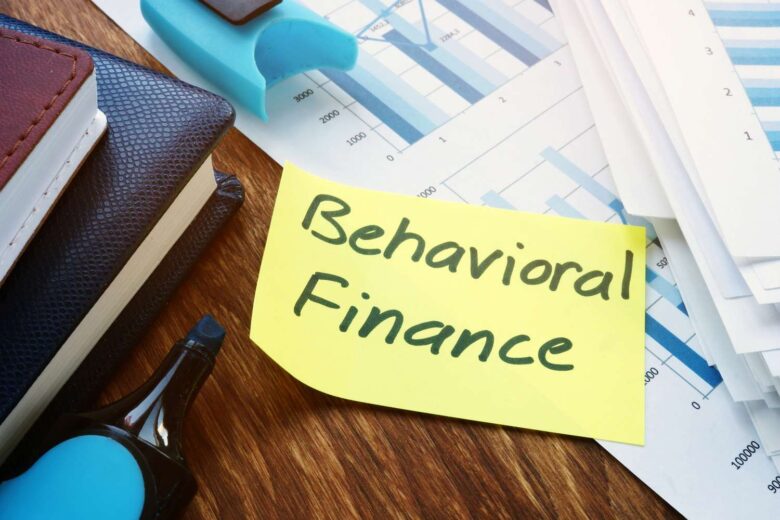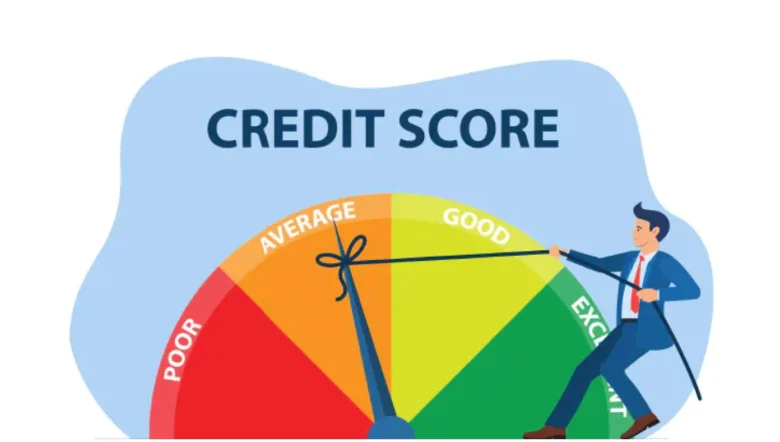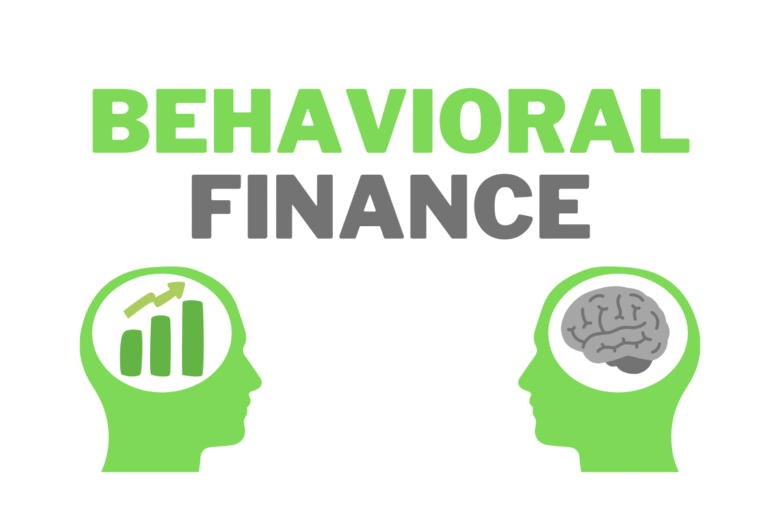The idea that people are rational decision-makers who carefully consider their options and choose the best outcomes for themselves has long been part of public policy. In reality, however, human behavior is not always logical or predictable. People often make choices that are not in their long-term best interest due to their feelings, biases, habits, …
Establishing financial security in retirement requires careful planning and in-depth knowledge of the basics of investing. Here are a few strategies that may assist with this goal. Investment accounts such as 401(k)s and IRAs provide an ideal vehicle to save for retirement—starting as soon as possible is best! The sooner you start saving for the …
Behavioral economics is an important field that sheds light on the reasons behind individual financial behavior, particularly in investing. It shows that emotions, biases, and psychological tendencies often play a greater role in financial decision-making than traditional economics. Traditional economics assumes that people are always rational and logical when making financial choices. For example, figures …
Strategies for effective investment risk management can help you reach your financial goals within your desired timeline while mitigating risks that threaten to undermine them. These core principles include diversification, asset allocation, and rebalancing your portfolio on a regular basis. Understanding your capacity for risk is key, as is working with an experienced financial professional …
Retirement planning has always been an important financial goal, yet many people postpone it or forget about it. Traditional economics assumes that people are rational and make choices that best suit their financial situation. In reality, however, people often procrastinate, fail to plan for future needs, or simply don’t contribute regularly to a retirement savings …
Your credit score is a report card of your financial standing that can influence major decisions in life. This three-digit number will determine whether you are approved for a loan or not and what your interest rate is. Understanding credit scores and using smart credit management techniques can help you save thousands of dollars in your lifetime …
Behavioral economics has become a valuable tool for companies to understand how people think, decide, and act when using products and services. Behavioral economics studies the psychological, emotional, and social factors that influence consumer behavior, unlike classical economics, which assumes that people always make rational choices. This is particularly useful in marketing, where changing people’s …
Behavioral economics has become a crucial discipline recently, combining psychology and economics to shed light on the seemingly irrational financial decisions people often make. Traditional economic theories assume that people are rational beings who consistently make decisions in their best interest, carefully weighing risk, return, and probability. However, this is not the case in practice. …
The banking system is the foundation of modern financial systems. It connects savers and borrowers and facilitates economic growth. Financial institutions, banks accept deposits, offer loans, and provide various financial services for individuals and businesses. Banks are regulated to protect your money while making a profit through interest charges on loans and investments they make using deposited …
A portfolio refers to a person’s holdings of financial assets, including stocks, bonds, mutual funds, real estate, and even alternative assets like commodities or cryptocurrencies. Building a portfolio can seem daunting for beginners, but it’s crucial for achieving financial independence and gradually accumulating wealth. Your portfolio is like a financial map that represents your goals, …










